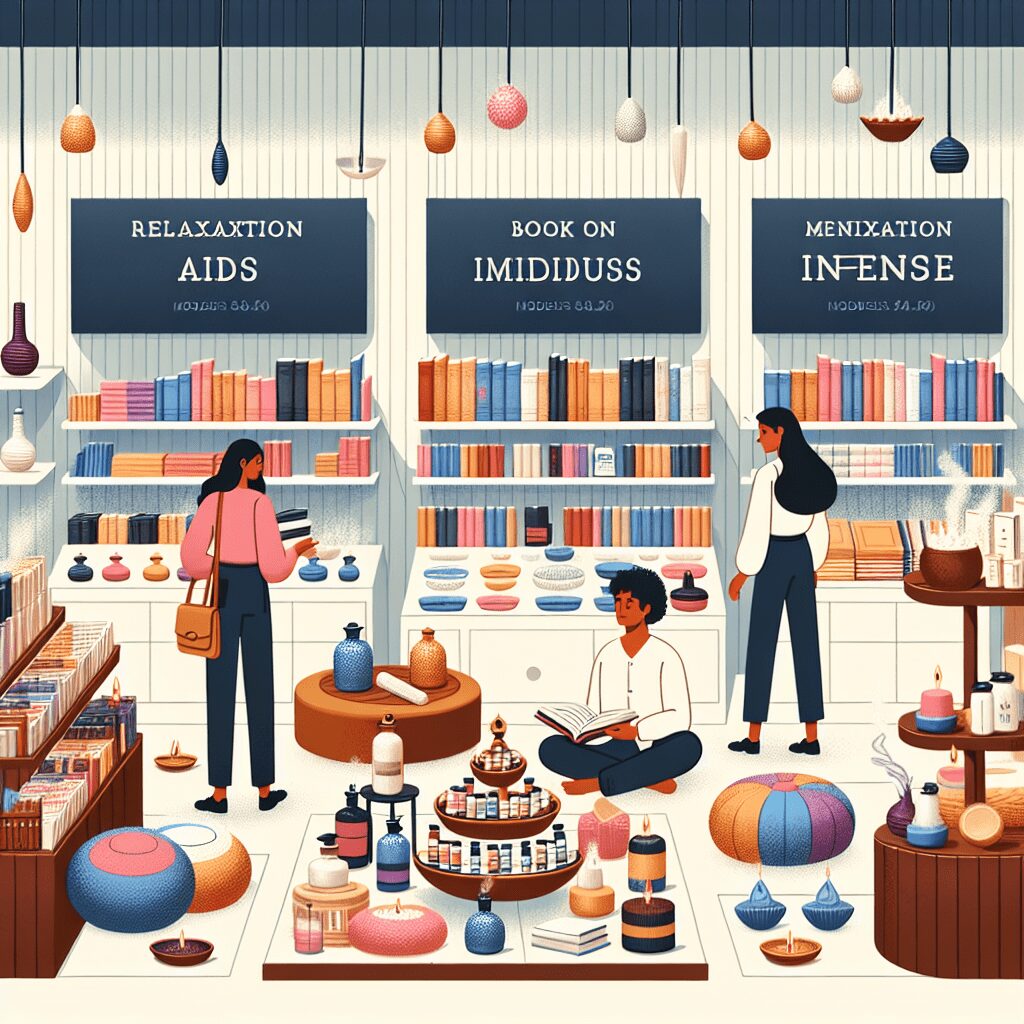
Prioritize your mental well-being daily. Enhance your life by nurturing your mental health with the Smart Meditation app. Break free from stress, alleviate anxiety, and enhance your sleep quality starting today.
How Do Psychologists Explain Anxiety-based Disorders?
Unraveling the Enigma of Anxiety-based Disorders
Anxiety – a word that’s bandied about so often yet remains an enigma cloaked in layers of complexity. It’s the unwelcome guest at our mental soiree, an invisible weight that oftentimes seems heavier than the world itself. Psychologists, those detectives of the human psyche, have long been on the case, endeavoring to untangle this Gordian knot. Let’s embark on a journey into the heart of this labyrinth, shedding light on how anxiety-based disorders are explained from a psychological standpoint.
The Intricacies of Anxiety-based Disorders
The Alarming Prevalence: Astoundingly, anxiety disorders rank among the most common mental health issues worldwide. It’s like an epidemic hidden in plain sight, with millions ensnared in its grip.
The Root of the Problem: At the heart of anxiety disorders lies the brain’s response to stress. It’s akin to an alarm system that’s overly sensitive, blaring loudly at the slightest provocation. The brain, that intricate command center, gets wires crossed and perceives threats where there are none.
The Cast of Characters: Anxiety disorders are not a monolith; they are a motley crew, each with its own peculiarities. The roster includes: Generalized Anxiety Disorder (GAD): The worrywart of the bunch, always anticipating disaster around every corner. Panic Disorder: Known for its dramatic flair, it manifests as sudden, overwhelming terror that seemingly strikes out of the blue. Phobias: These are the irrational fears, the specific triggers that can range from heights to spiders, and everything in between. Social Anxiety Disorder: The wallflower, marked by an intense fear of social interactions and a dread of being judged or embarrassed.
The Tangled Web of Causes: Pinning down the exact cause of anxiety disorders is like trying to catch smoke; it’s a complex interplay of genetics, environmental factors, and brain chemistry. Nature and nurture dance a delicate tango, leading some individuals down the path of anxiety disorders.
The Tools of the Trade: When it comes to tackling anxiety disorders, psychologists have an arsenal at their disposal. Cognitive Behavioral Therapy (CBT) is the golden child, teaching individuals to recognize and challenge distorted patterns of thinking. Medications, mindfulness practices, and lifestyle adjustments also play pivotal roles in the battle against anxiety.
A Beacon of Hope
Let’s call a spade a spade: dealing with anxiety-based disorders is no walk in the park. However, it’s not all doom and gloom. Armed with a deeper understanding and effective treatment strategies, psychologists are lighting the way toward hope and healing. The journey from the darkness of anxiety into the light of well-being is a testament to the resilience of the human spirit.
So, if you or someone you know is grappling with the tendrils of anxiety, take heart. Help is at hand, and with the right support, it’s possible to reclaim the reins of one’s life. After all, in the grand tapestry of the human experience, each thread of challenge weaves in the potential for growth and transformation. Let’s not shy away from seeking help, for in unity, we find strength and the courage to forge ahead.




